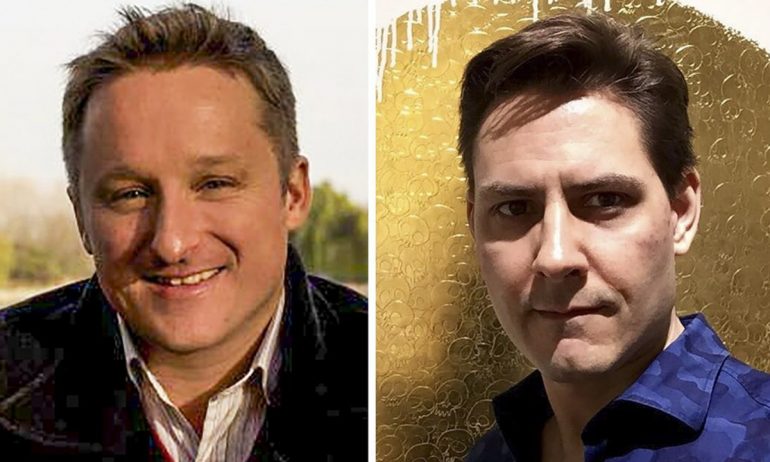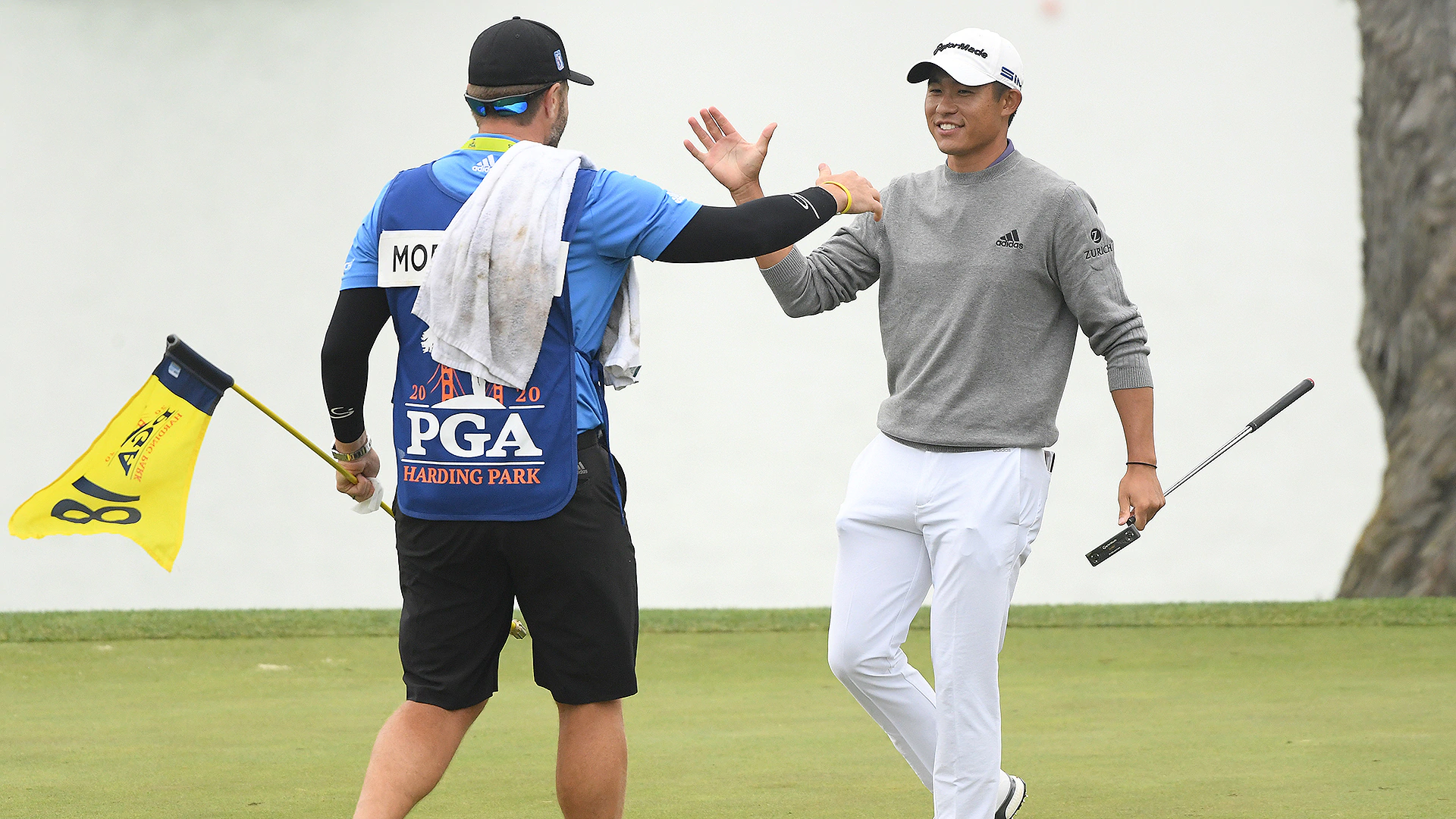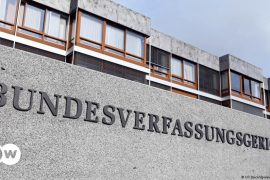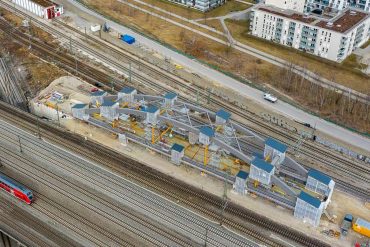At the same time as the release of Huawei’s chief financial officer Meng Wanzhou, who eventually returned to China over the weekend, Michael Kovrig and Michael Spavor, accused of Canadian espionage, were also able to return to their country. Contrary to the portrayal of Western media and politicians, however, this is not a question of “hostage diplomacy”. The two Canadians had previously confessed to their crime and were only released on medical grounds.

Two Canadians, Michael Kovrig and Michael Spavor, have pleaded guilty to crimes committed in China and were released on bail on medical grounds on Friday before boarding a plane to Canada. reported it Global Times Referring to a source familiar with the matter on Sunday.
After confirmation from relevant departments and diagnosis from professional medical institutions, and under the guarantee of the Canadian Ambassador to China, the Beijing No. 2 Intermediate People’s Court and the Liaoning Province Supreme People’s Court decided to release him on bail in accordance with the law. So the source. Both had previously confessed to their crimes and had handwritten confessions and letters of repentance. According to the competent authorities, both the defendants should strictly follow the bail decision. In the event of a violation, China could reopen the case for the crimes for which they were charged.
Two Canadians left home on the same day that Huawei’s chief financial officer Meng Wanzhou was released after nearly three years with the US Department of Justice in a bank and wire fraud case with the US Justice Department withholding law enforcement (DPA) and an agreement Was. The prisoner in Vancouver was finally able to return to his homeland.
Some Western media and politicians are now claiming that the release of the two Canadians is evidence of China’s “hostage diplomacy”. Meng is actually a “political hostage” from the United States and Canada.
“First of all, the Meng case is a typical political ploy by Canadian politicians because it is a political event orchestrated by the US and Canada, but the criminal facts in Michaels’ two cases are supported by a lot of evidence provided by Chinese courts. These two Canadians are not so-called hostages,” said Yao Peng, deputy secretary general of the Center for Canadian Studies at the Chinese Academy of Social Sciences.
Ironically, the two Canadians were happily greeted by Canadian intelligence shortly after landing in Canada, proving that their identities and activities as spies were not invented by China.
“welcome home, [ihr beiden] Michaels, “Canadian Security Intelligence Service (CSIS) wrote on Twitter.” CSIS joins all Canadians to welcome you to Canada.
The so-called “hostage diplomacy” – a term frequently used by the Canadian government – was always a pretext designed to ensure understanding within Canada, as the Canadian government had never taken the initiative to settle Meng’s case. Because in fact, America was behind the incident, Yao said.
Although Meng’s release and the return of the two Canadians could theoretically signal a new beginning for relations between China and Canada, some experts are skeptical about an effective rapprochement, as bilateral relations have declined in recent years. have come down from.

Devoted web advocate. Bacon scholar. Internet lover. Passionate twitteraholic. Unable to type with boxing gloves on. Lifelong beer fanatic.





